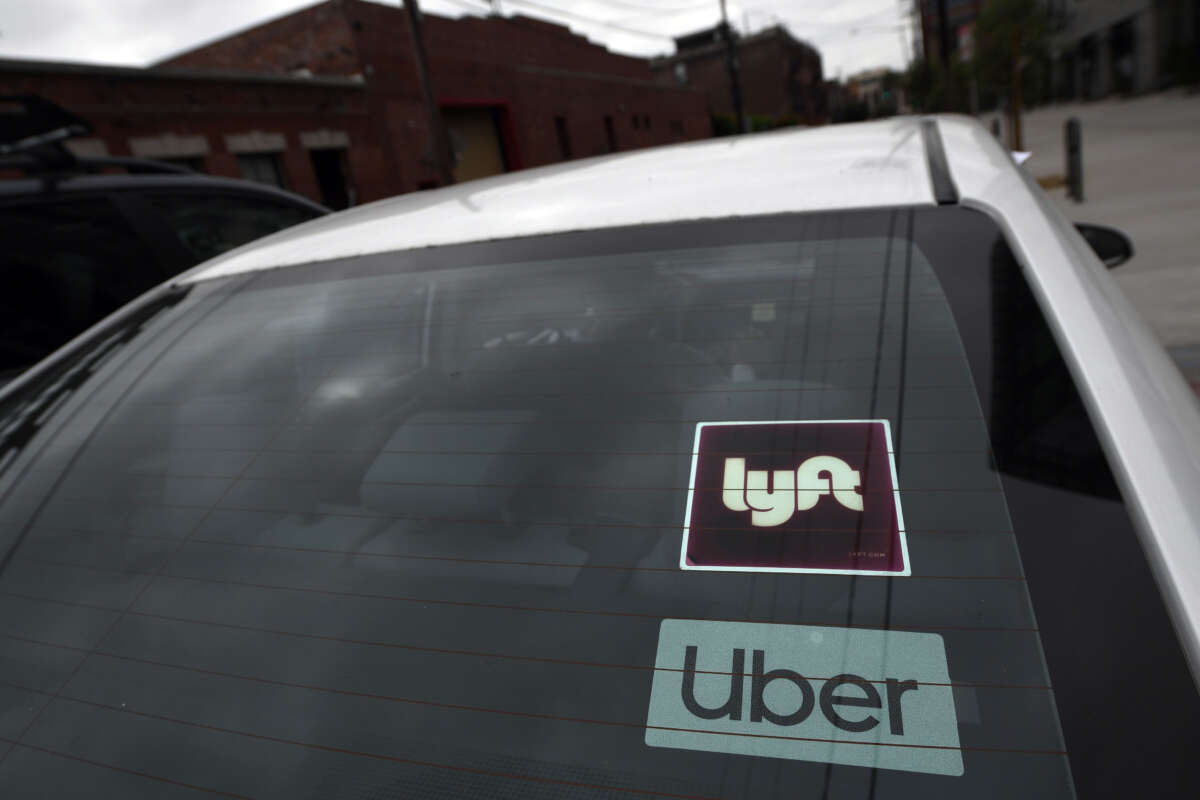The Minneapolis City Council has approved a new city ordinance that aims to provide greater protections and increase pay rates for rideshare drivers. The ordinance, which passed 7-5, aims to guarantee drivers make at least $15 an hour, which is the city’s minimum wage.
Minneapolis Uber and Lyft drivers say that their wages have dropped 60 percent over the last nine years, while almost every cost associated with driving has skyrocketed. One Uber driver, Ahmed Ahmed, testified that drivers are forced to work taxing hours to make a living wage. “I don’t have time for my kids,” he said.
The ordinance now heads to the city’s mayor, Jacob Frey (D), for his signature or veto. If Frey vetoes the ordinance, it is unlikely that the City Council will have the votes (9) to override it. Frey had previously requested that the City Council take more time to deliberate before voting on the ordinance. Council Member Robin Wonsley said that if the City Council followed Frey’s recommendation to delay the vote, the Council would be “depriving drivers by the thousands of dollars in wages that they could be earning and simply for no reason.”
Frey’s request was most likely prompted by rideshare companies Lyft and Uber threatening to pull service out of the city if Minneapolis passed the ordinance– a move by the companies which Council Member Jamal Osman has called “absurd.”
“Uber and Lyft trying to scare us with their threat to leave doesn’t impress us. These companies need to care more about their drivers than just making money. We won’t give in to their pressure tactics… This ordinance is a great step forward for drivers, and I will continue my commitment to stand alongside them,” Osman said.
State lawmakers passed a similar proposal this spring which was ultimately vetoed by Governor Tim Walz (D) after rideshare companies threatened to halt services in the state. Walz created a working group to study the issue and provide formal recommendations by January 2024.
“We’re standing together,” Osman said on X. “It’s time for these corporations to prioritize their drivers over corporate greed.”
Minneapolis is the most recent city to pass labor protections for rideshare workers — joining New York City, Seattle and San Francisco. Rrideshare and app-delivery companies like Uber, Lyft, DoorDash and Grubhub have consistently pushed back against these reforms. For example, Uber Eats, DoorDash and Grubhub immediately sued New York City after the City passed a minimum pay rate for gig workers this year.
Despite the possibility of Minneapolis receiving similar backlash by these companies, rideshare drivers and Council Members celebrated the passage of the ordinance. “This country has been built on worker exploitation. This ordinance was about the City Council standing up today for workers rights and I’m proud we passed this ordinance today,” Council Member Elliott Payne said on X.
Media that fights fascism
Truthout is funded almost entirely by readers — that’s why we can speak truth to power and cut against the mainstream narrative. But independent journalists at Truthout face mounting political repression under Trump.
We rely on your support to survive McCarthyist censorship. Please make a tax-deductible one-time or monthly donation.
